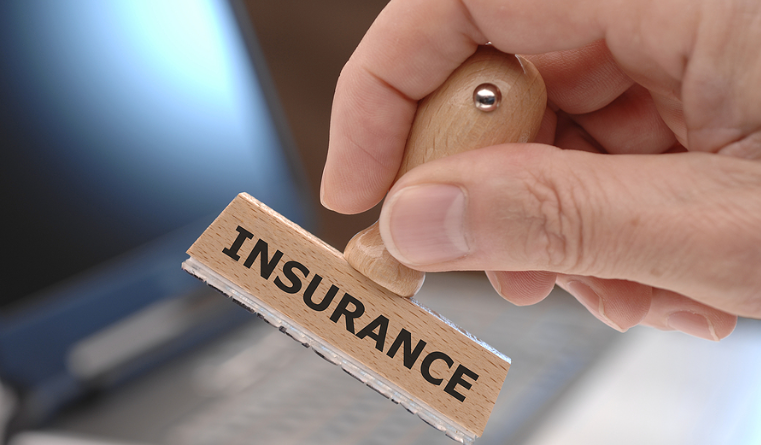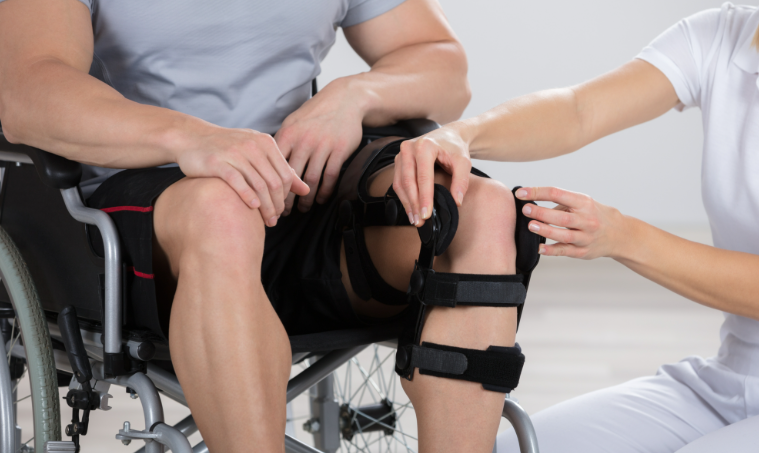
What Are The Different Chapters of Bankruptcy?
People often wonder “what are the different chapters of bankruptcy” this is the first step best decision when faced with seemingly impossible debts. Find out more about Chapter 7, Chapter 13, and Chapter 11 bankruptcy and what it can do for your credit and financial situation.
The Key Takeaways
- Chapter 11 Bankruptcy is a plan to reorganize a company. It is often used by large companies to keep them active and pay their creditors.
- Chapter 7 Bankruptcy Although bankruptcy does not require a repayment plan, you will need to liquidate non-exempt assets in order to repay creditors.
- Chapter 13 Bankruptcy can eliminate qualified debt by a repayment plan that is spread over three or five years.
- Chapter 7, Chapter 11, or Chapter 13 bankruptcy filings can have an impact on your credit score. However, not all of your debts will be erased.
- Bankruptcy can be a complicated legal process. It’s best to have a lawyer who is familiar with bankruptcy.
- Consult an experienced bankruptcy attorney To determine if bankruptcy is an option, and determine which of the different chapters of bankruptcy might be best for you.
Learn The Different Types of Bankruptcy
Bankruptcy can be used to either reorganize or get rid of your debts. Insolvency is simply when you are unable to pay your bills. This happens most often because your debts exceed your income.
This can happen for many reasons. It may be that you lost your job or had reduced income–job losses due to the COVID-19 pandemic are just one example of when this can happen. Other cases involve unexpected expenses, such as medical bills, that could put people over the edge financially. There are some benefits to bankruptcy, including the possibility of putting an end to wage garnishments and foreclosures.
No matter how you got here, different chapters of bankruptcy are for individual circumstances. To determine if bankruptcy is right for you, it’s important to consider all options.
What Is Chapter 11 Bankruptcy?
According to the United States Courts, individuals and business entities can enter into Chapter 11 bankruptcy. This type of bankruptcy typically involves a reorganization or restructuring of a company. The bankruptcy process allows the debtor to restructure and then implement a plan for paying back creditors.
A Trustee must approve the plan. The Trustee oversees the implementation and oversight of the plan to ensure that the business has the resources and income necessary to continue with it. Any remaining debts that are not discharged under bankruptcy will be canceled once the plan has been approved.
This is a very simple overview of the process of a Chapter 11 bankruptcy. They can be lengthy and require many legal proceedings for the trustee and creditors.
What Is Chapter 7 Bankruptcy?
Chapter 7 bankruptcy is different from Chapter 11. Chapter 7 is a liquidation plan. That means there’s no repayment plan associated with a Chapter 7 bankruptcy.
Chapter 7 allows you to liquidate assets in order to repay your debts. All remaining debts are eliminated from your bankruptcy.
Whether or not you can file for this type of bankruptcy is determined by income. Chapter 7 bankruptcy is possible if your income falls below the state median. You must meet the income threshold to be eligible for Chapter 7.
However, you don’t need to give up everything in Chapter 7 bankruptcy. Exempt assets can be kept, including certain personal belongings. If you are able to continue making timely payments, you may be able to keep your car, home, and other assets.
The complexity of bankruptcy means that you have many options. You can decide what you want to keep and how the proceeding will proceed. To learn more about your particular situation, consult an experienced bankruptcy attorney.
What Is Chapter 13 Bankruptcy?
Chapter 13 bankruptcy sounds similar to Chapter 11, as both have repayment plans. The biggest difference between Chapter 11 and Chapter 13 is that Chapter 13 allows people with regular income to adjust how they repay their debts.
Individuals who fail to pass the means test for Chapter 7 may have Chapter 13 as an option. Typically, Chapter 13 bankruptcy works for people who have a stable income to make some payments on debts but they don’t have enough income to pay all the debts as currently structured.
The individual presents a repayment plan. The Trustee of a bankruptcy court must approve the plan. The Trustee usually has to make payments under the plan. This is why the Trustee pays the individual. The Trustee’s office then pays different creditors.
Chapter 13 typically only allows you to pay off a portion of your debts. All secured and priority debts such as taxes and auto loans are fully paid. Unsecured, nonpriority debts such as credit card debt and medical bills, however, can only be partially paid. The remaining debts will be paid off if you complete your Chapter 13 repayment plan. This can take up to five years.
How do you know which type of bankruptcy is right for you?
This is a complicated question in personal and business finance. Talk to an attorney to better understand your legal and financial situation. An experienced attorney will quickly apply means tests and other information in your case to help explain your options.
Contact us today
If you are experiencing trouble with debt. Contact us today for a free consultation and to see which of the different chapters of bankruptcy is a viable option for you or your business.







[…] their debt. It offers relief and a new start for a better financial future. Understanding the different types, the filing procedure, and the pros and cons associated with each, will help you make an informed […]